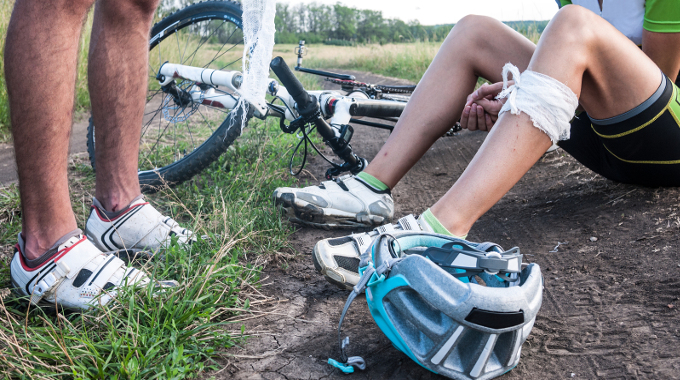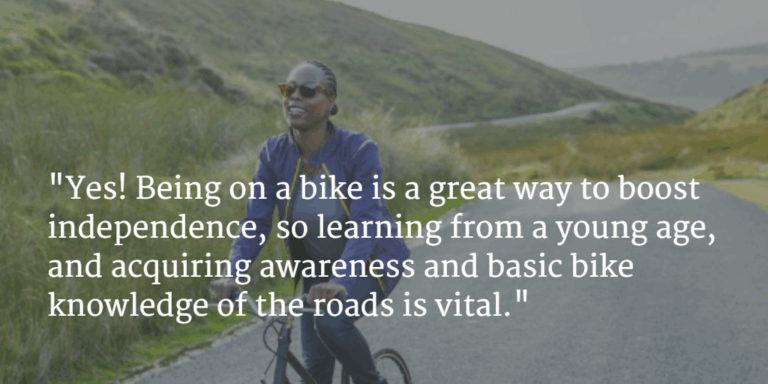Most cyclists have at some point experienced moments of negativity: a sudden loss of confidence, a feeling that we can’t complete the task in hand or achieve the goal we’ve been chasing.
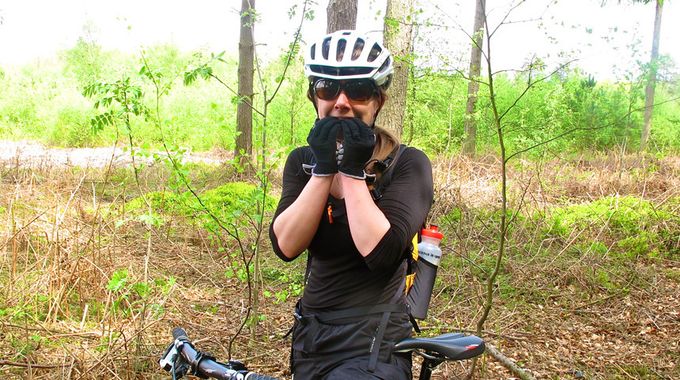
Very often, we focus on preparing our bodies, but leave little space in our training plans for preparing our brains. This could well be a major oversight – your body can’t do a thing without your brain telling it to.
In fact, multiple studies have shown a direct link between optimism and life expectancy – optimistic people seem to suffer fewer cardiovascular illnesses, and statistically live longer. If a positive attitude can actually add years to your life, think what it could do when you’re struggling to reach the end of that milestone ride!

So – how can we make ourselves more optimistic? Here are two ways you can power up your positivity…
Mind Management – Control Your Chimp
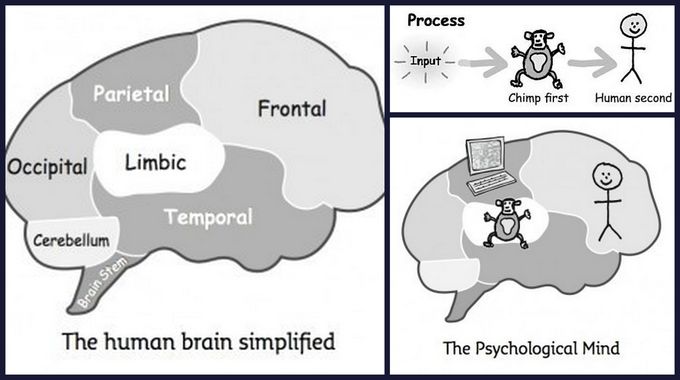
The what now?! We thought the same – until we read ‘The Chimp Paradox’ by Steve Peters, Sports Psychologist for British Cycling.
Peters mind-coached both Sir Chris Hoy and Victoria Pendleton prior to the 2012 Olympics and both athletes have said his techniques were instrumental in securing their success – in fact Pendleton called him “the most important person in my career”.
The brain contains two key receptors: the ‘chimp’, and the ‘human’
The Chimp Paradox includes a great many helpful hints and tips – but at the heart of it is one simple concept: the brain contains two key receptors – the ‘chimp’, and the ‘human’. Everything we experience comes first through the chimp, then crosses over to the human, provided the ‘chimp’ does not react violently first.
To calm the concerns of those after proof, Peters does explain that studies into the way blood flow is directed to areas of the brain back up the theory, which is simplified for mere mortals to digest.
So what does this have to do with how we feel on the bike when we start ‘pedalling squares’ (that’s giving up, in cycling terms)?
The ‘chimp’ is animalistic, it is emotional, territorial, fearful of attack and feels the need to impress other ‘chimps’ to maintain its position. The human is logical and rational.
Often, when we experience negative thoughts around cycling they are based on fear that we won’t achieve, that people might judge us, that there might be danger in failure. We give up, or worse – don’t even enter – to save ourselves from ‘failure’.
The rational human in every person knows that:
- You can only do your best
- Most people are more concerned with their own performance than they are with ‘judging’ anybody else
- That the people who really matter will love you, regardless of how many miles you ride, or how fast
Next time you feel concerned about entering an event, worried that you can’t complete a distance or get up a climb, take a second to direct the concerns to the ‘human’ part of your brain. Ask yourself: what is the worst that can happen?
Probably, the answer is that you’ll cut the route short, walk part the way up the climb, if it’s a race the worst that can happen is you come last. And what are the consequences of this? It’s likely the world will continue exactly as it did before, and you’ll be proud that you’ve pushed your body to new limits – next time, you’ll be even more physically and mentally capable of pushing harder.
Body Management – You Are What You Eat
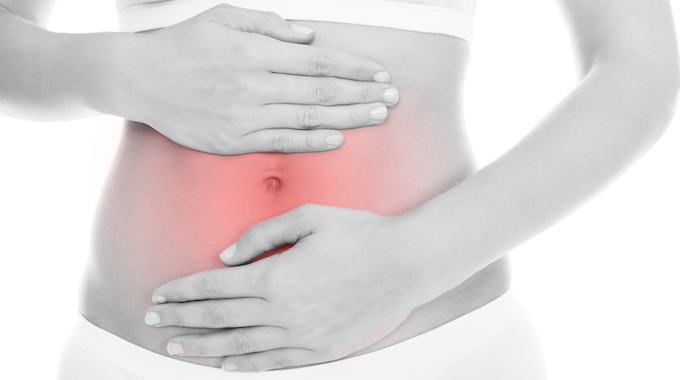
It’s long been believed that the brain is the key to all thought processes in the body, but recent studies have shown that the brain and stomach might well be involved in a two way relationship. Not everything going on in your head starts in your brain.
Serotonin is a chemical that controls well-being – many anti-depressants work by altering levels of serotonin. And where does this chemical come from? 95% of the body’s supply of serotonin is manufactured in the gut.
Studies have shown that once timid, nervous mice, fed ‘beneficial bacteria’ – similar to that found in probiotics and yoghurt, can become calmer and less nervous.
We won’t suggest downing a healthy probiotic drink or upping your yoghurt intake will revolutionise your mental well-being, but it does seem that if you’re struggling with low mood, or nervousness, upping your doses of good bacteria might well be a good shout.
Dark chocolate also contains high levels chemicals which boost endorphins and serotonin, by the way – so a couple of squares of the good stuff with your morning yogurt might well have mental health benefits, too.
You might also like:
How to Make a 30 Minute Ride Count


